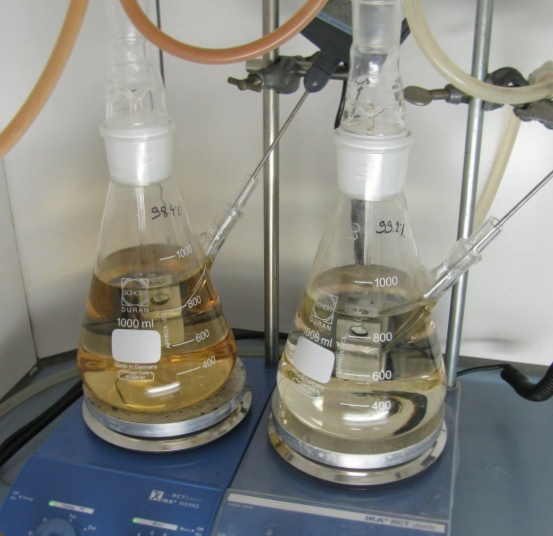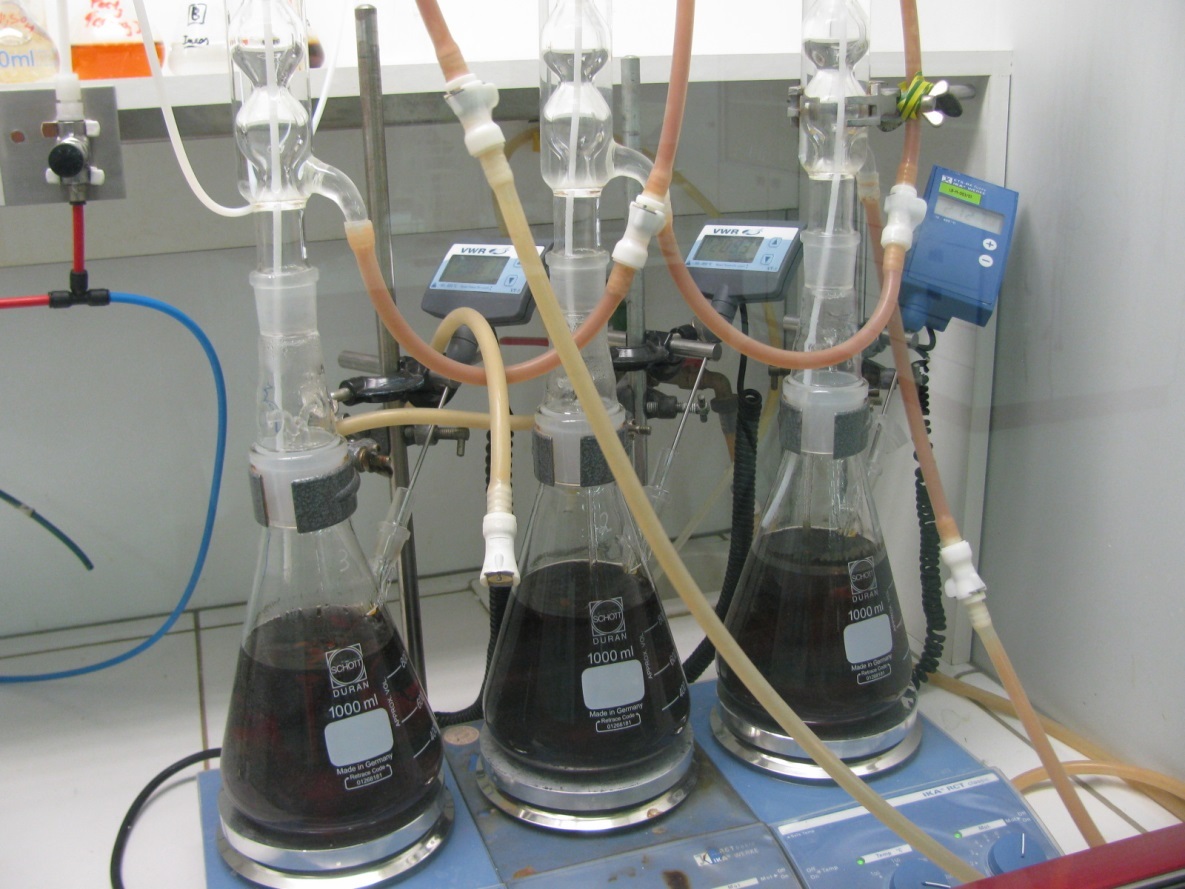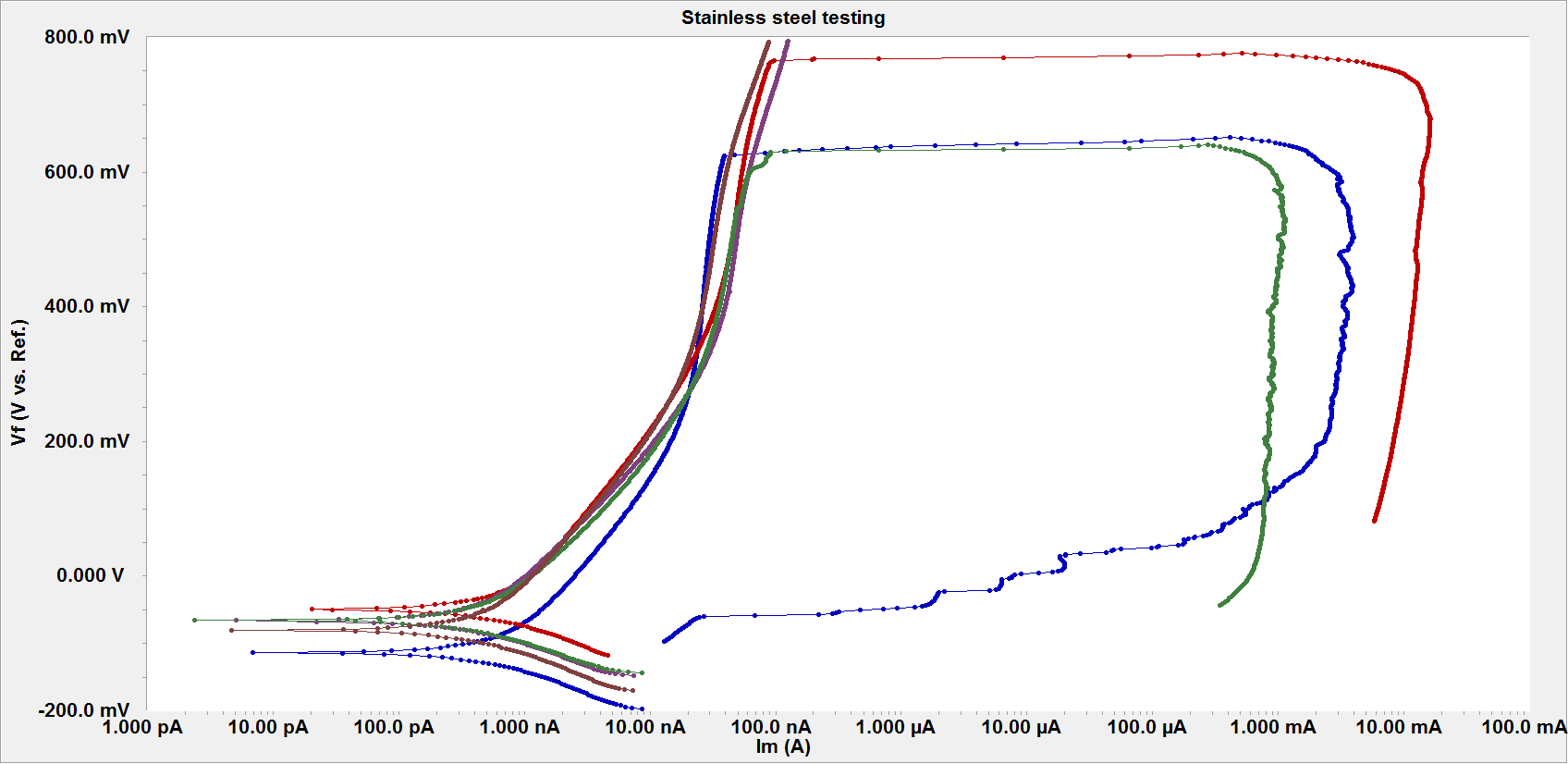Corrosion testing for the pharmaceutical industry
In many cases it is essential to know whether a material chemically resists specific conditions. But how should you proceed if you don’t have any historical data about the material concerned? Corrosion tests offer the answer. They can be performed in the lab to test the compatibility of a material with respect to the medium, temperature, aeration/nitrogen, and other parameters. This is done by applying realistic worst-case conditions.
CORROSION TESTING: TESTING IN EVERY CONDITION
When it comes to corrosion prevention, the pharmaceutical industry has specific needs that call for an integrated approach.
New processes in a pharmaceutical plant are developed with strict time constraints. Furthermore since corrosion may impact the quality of the end product (medicine) directly, it is crucial to implement an established follow-up of quality control. The tests that are listed below ensure that all your installations are corrosion-proof and in excellent condition.
MATERIALS SELECTION
Will your reactor/piping resist new process conditions? What if the medium changes in composition, will it affect the material? These are typical questions which can be answered by performing a materials selection study.
A materials selection study typically starts with a survey of what is already known through literature studies, past customer experiences and our own in-house experience. This survey shows which materials might be the best choices for a new reactor/installation or to assess if your existing reactor/piping will resist new conditions. If insufficient data is available corrosion tests are a logical next step.
Advantages of a materials selection study:
- Knowledge about potential corrosion types and corrosion rates
- Short waiting times
- No need to take a whole new approach

EXPOSURE TESTS
In exposure tests, corrosion coupons are typically exposed to the worst-case (realistic) conditions of the new process. Corrosion rates are determined and assessed. If after this test no corrosion is found you may rest assured that no corrosion will be encountered after several batches. If corrosion is observed after such a long term exposure test, a second test with better simulation, incl. cleaning/repassivation steps should be included. These tests can be applied to enamel-lined reactors as well.
The advantages of exposure tests:
- Realistic conditions
- Extensive knowledge on the specific corrosion type
- Accurate quantification of uniform corrosion rate or pitting rate

CYCLIC POLARIZATION TESTS
Building a new line poses several challenges. Materials selection is one of those challenges. With limited time available electrochemical tests can be performed and are in that case often preferred over the longer term exposure tests. When performing such tests care should be taken that the materials to be tested are brought into a condition that matches the real surface condition as closely as possible. If not possible, a conservative approach is needed.
The advantages of cyclic polarization tests:
- Short lead times
- Extensive information such as pitting potential and repassivation potential
- Semi-quantitative estimation of the uniform corrosion rate

INDIRECT CORROSION ANALYSES
Rather than directly exposing the material to the specific conditions, a range of indirect corrosion analyses can be performed. Some examples are:
- Analysis of the medium to assess the corrosivity toward materials
- Analysis of corrosion products or deposits to indicate what is causing these deposits/corrosion products to form
Advantages of indirect corrosion analyses:
- Relatively small studies with short lead times
- Determines where to put focus for possible further analysis





